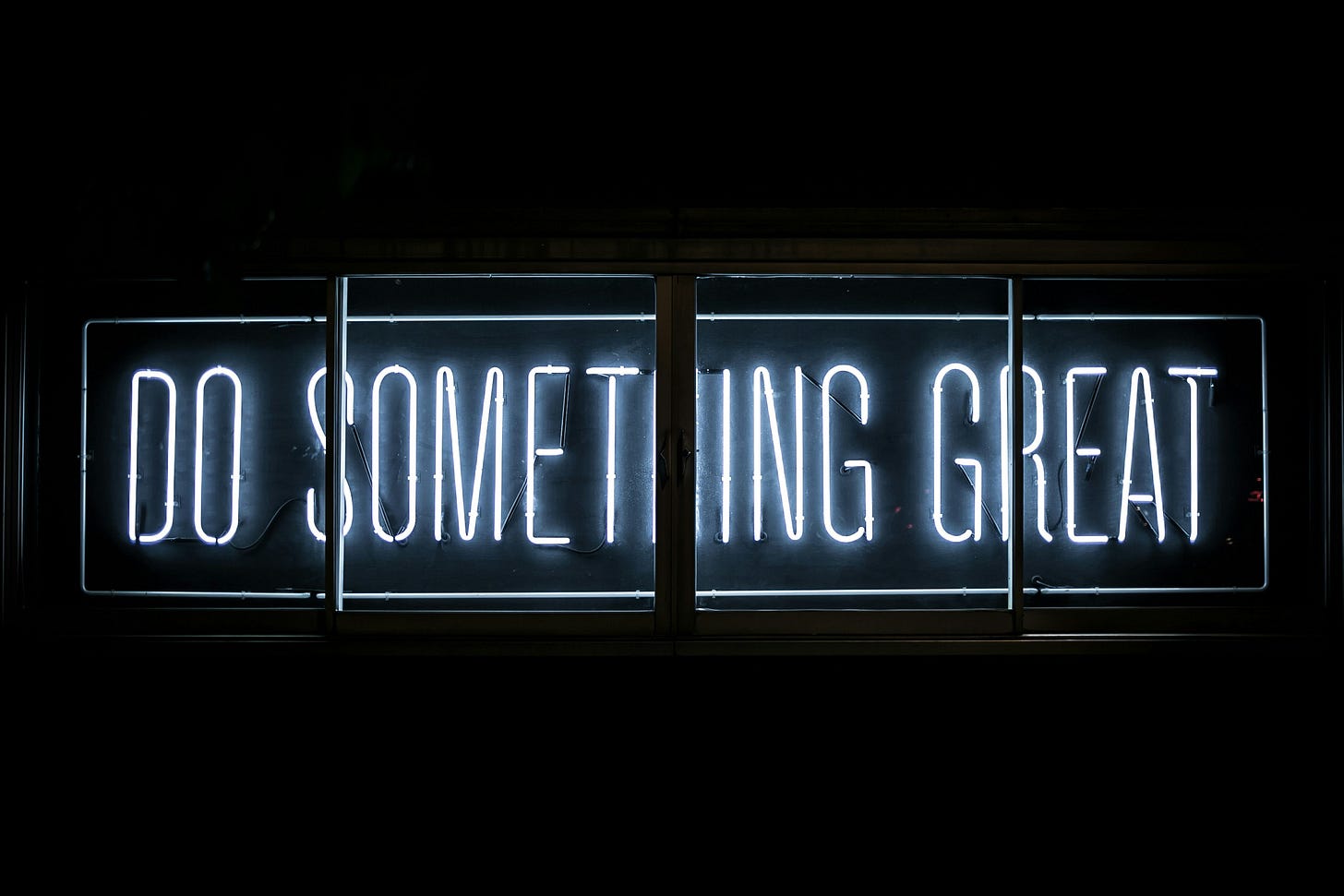
A common question I get asked is ‘what type of things should I be doing in my community sessions?’. I thought it would be an idea to write out a selection of ideas that can be applied to most communities regardless of what they focus on as a source of inspiration. They might work for you, they might not – they might just inspire you to do something similar but different instead. Whatever you use this for, hopefully you find it interesting! I’ll try and do a few of these as I think of them, but I’m always open to learning new ideas so feel free to share your own!
Hands On Learning Session
What is it?
Basically a training session. Someone from within the community runs the session teaching the rest of the group a new skill. If you’re a community of programmers, perhaps you’ll learn a new language or tool. If you’re a cycling community, perhaps you’ll learn a new pacing technique or method of maintaining a derailleur (I know very little about bikes, only that my son has broken the derailleur on his three times in two years and I keep having to get it replaced). If you’re an environmentalist community, you might learn how to make a protest more effective, or how to lobby local government, or how to submit the correct documentation for a legal protest, or (and I’m not necessarily condoning it) how to sneak orange paint into an art gallery for a slightly less legal form of protest. Whatever the subject, it takes the form of the wider community learning something from someone else.
What’s good about it?
This session takes the form of a standard learning partnership, and this is good. Learning partnerships are a social contract between at least two people where one person agrees to learn something from another. Human beings – and indeed most higher mammals – have been doing this throughout their history, and it’s the reason for our success. It is a form of knowledge retention and dissemination that has allowed each generation to stand on the shoulders of giants, and not have to start from scratch every 25 years or so. Tribes have gathered around a campfire to learn how to throw a spear more effectively at mammoths. Personal trainers teach us how to lift weights properly or do Zumba classes or whatever, and teachers show rooms full of children how to understand trigonometry. At least one person learns something new from someone else.
This is important in a community setting as part of the reason for a successful community of practice is that people come together around the pursuit of mastery, and learning new tools and skills to help achieve that is fundamental to the long term value of the community.
How do I do it?
Understand what you do and don’t know – To know what the community will value learning about, you need to know what it is that you collectively already know about or want to learn. Depending on whether this works in your specific community or not, you might think about either a skills audit or matrix, asking members to say what they feel they are strong at or weak at. Then it’s a case of connecting the dots – the areas where there is a shortage of skill are the areas you look at first.
Look internally first – If there is someone within the community who knows something that would be valuable to the wider group, then this is a great place to start. If its someone that already has a pre-existing relationship with the other members then there is no need for them to have to (subconsciously or otherwise) establish themselves as an authority in that subject with the group. In a thriving community this type of sharing may well just come naturally, but if not or you find something that you want to learn that no one within the community has the skills to teach, look externally to bring in someone who can.
Prepare ahead of time – if you’re going to need some tools or equipment for the session – perhaps laptops, software, tools, instruments – make sure everyone knows ahead of time that they will need them. If there is some pre-session set up required, make sure everyone has done it and has instructions pitched at a level that everyone can understand to enable them to do so. And be prepared that at least one person will turn up to the session without having done it, remembered to bring the required equipment with them, or even have an awareness of what they’re supposed to be doing. Don’t be frustrated, that’s the life you’ve chosen as a community leader.
Thanks so much for reading, if you’ve enjoyed this post I’d really appreciate it if you could share it - alternatively you could always buy me a coffee :)




love this 🫶🏽 thanks for sharing